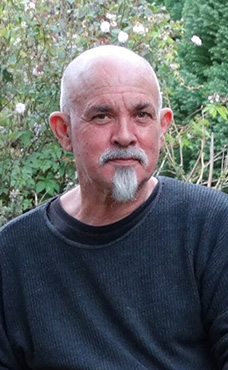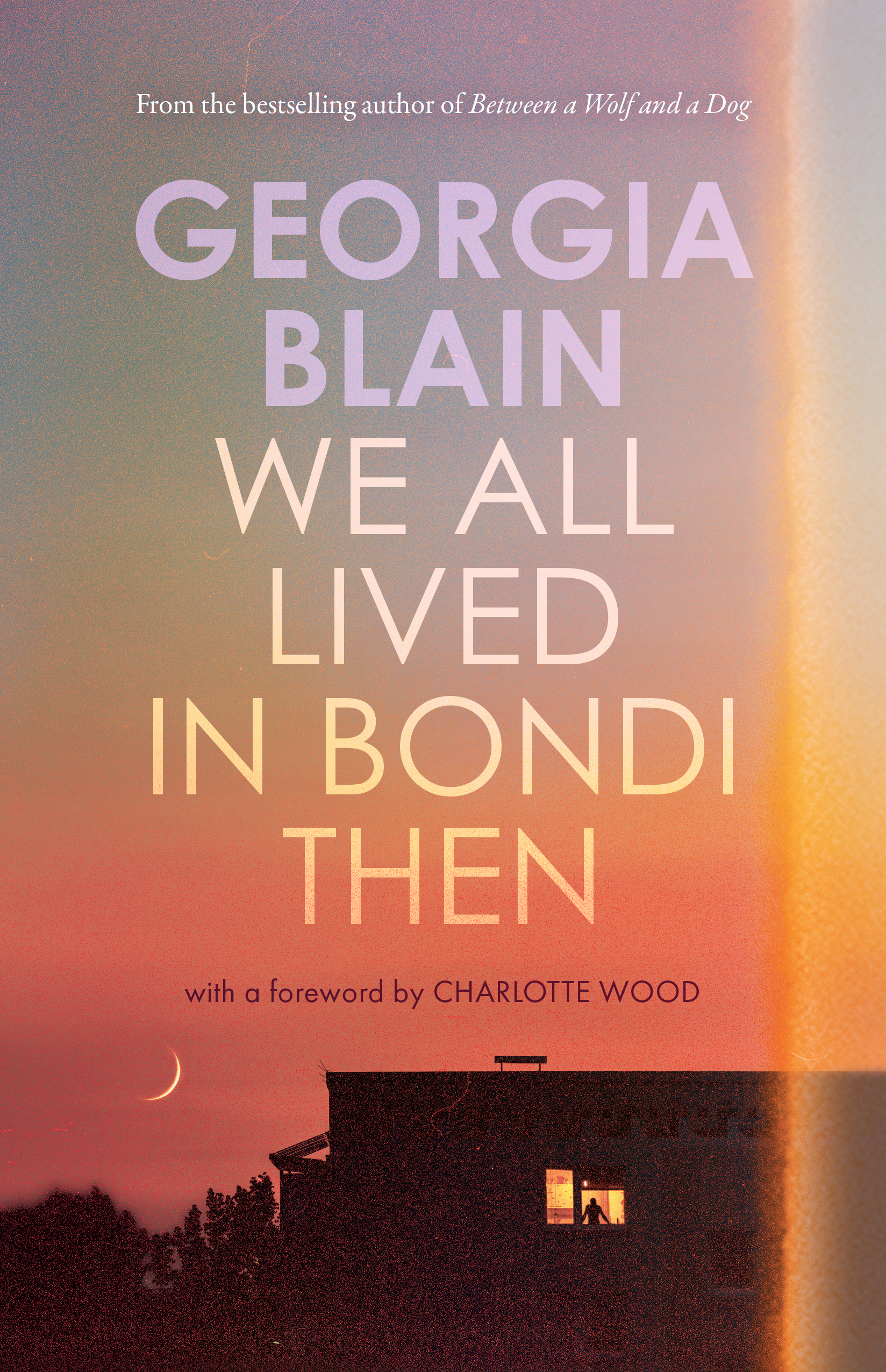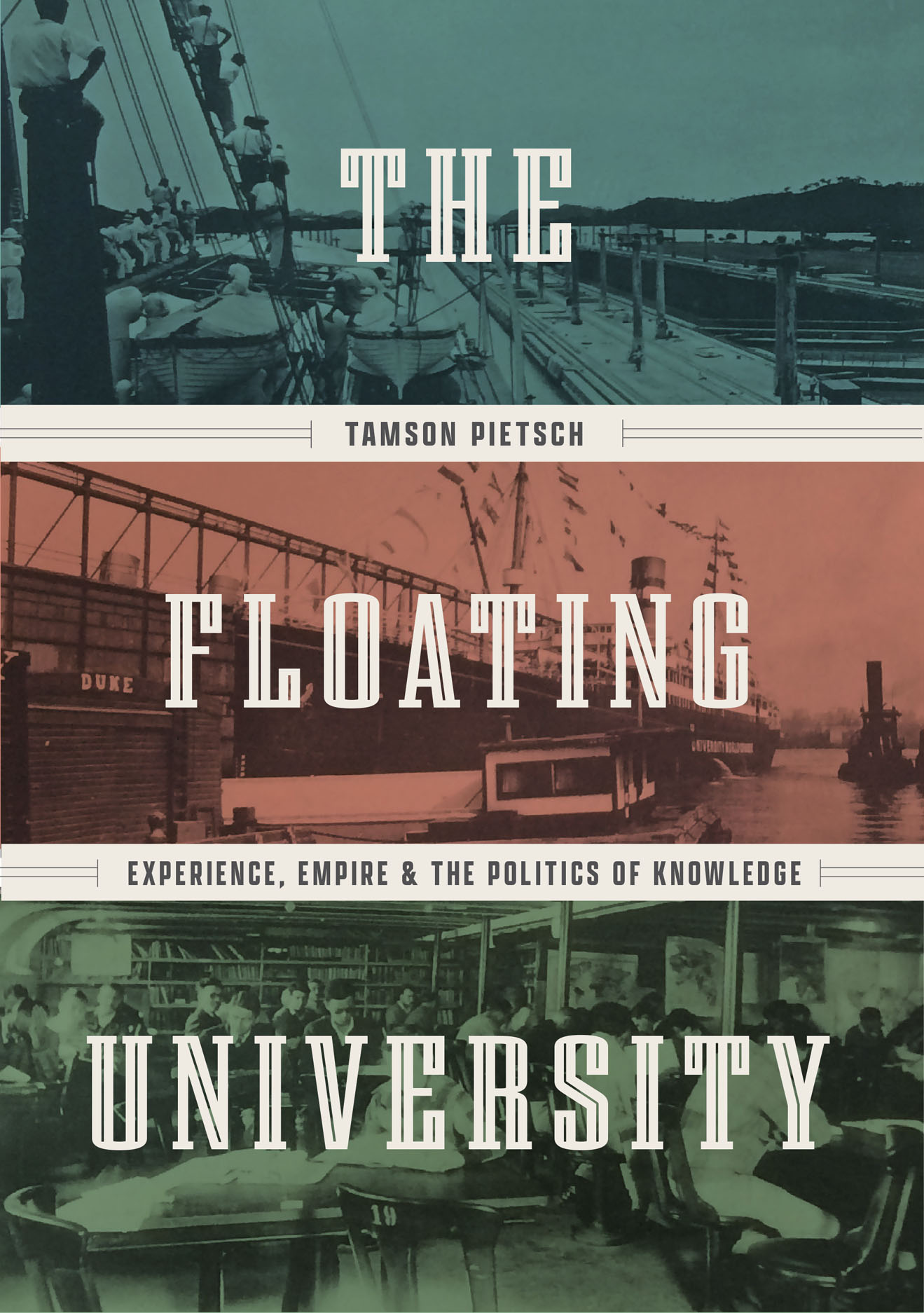Letters to the Editor
![]() Want to write a letter to ABR? Send one to us at This email address is being protected from spambots. You need JavaScript enabled to view it.
Want to write a letter to ABR? Send one to us at This email address is being protected from spambots. You need JavaScript enabled to view it.
The aroma of gum leaves
Dear Editor,
Can it really be sixty years since that day when I strolled into the Medical Library of the University of Queensland to see Margaret Waugh, the Librarian, rush out of her office and greet me so excitedly? Admittedly, Margaret usually tempered her Protestant propriety and tact with more than a dash of exuberance. On that visit, she welcomed me with far more than her typical enthusiasm. ‘Have you seen the latest issue of the Bulletin? It contains two astounding sonnets.’ The she rushed to the racks where current journals and periodicals were displayed.
For some reason, I was accustomed to scanning poetic lines vertically, so I recognised the acrostic at once. Plainly, that pair of memorable sonnets, ‘Eloise’ and ‘Abelard’, were intended as a fierce rebuke to the kind of editorial stuffiness that many considered still characterised the poetry in that magazine. Indeed, it was in that very year that Douglas Stewart relinquished his position as Poetry Editor of the Bulletin. The poet and academic, Val Vallis, who published regularly in the ‘Bullie’, once told me that ‘Doug liked our verses to have the aroma of gum leaves’.
Few could have had a more spirited valediction. Frank Packer, publisher of the Bulletin, was rumoured to have attempted to recall as many copies as he could of his magazine and to pulp the rest. Too late! The ‘damage’ was done; or Gwen Harwood’s triumph was assured.
When I next visited Margaret, I was met by a crestfallen Librarian. ‘What’s wrong?’ I asked. ‘Someone has stolen the Bulletin,’ she almost wailed. Thereby, the Library’s collection remains incomplete.
An impossible objective
Dear Editor,
Congratulations on publishing Ilana Snyder’s level-headed account of the recent hostilities between Israel and Palestine (ABR, June 2021). We need more voices able to explain the passions and perceptions of both sides. But Snyder’s hope that a proper reckoning is needed, ‘presumably through two states for two peoples’, clings to what is increasingly an impossible objective. We can argue about the recalcitrance on both sides, but the reality is that the extent of Israeli settlements on the West Bank, and Israel’s refusal to acknowledge Palestinian claims to any part of Jerusalem, have ended prospects for a viable Palestinian state. The reasons for this have been argued cogently by a number of people, most recently Peter Beinart in the Guardian. That the new prime minister of Israel is on record as denying all Palestinian aspirations merely underlines the futility of clinging to a formula that no longer makes sense.
Dear Editor,
I’ve just listened to the podcast about the Israeli-Palestinian conflict. Ilana Snyder has tried to be as objective as possible. Shew is clearly concerned about the injustices that are taking place in Israel and Palestine. But why she didn’t use expressions such as ‘apartheid’ or ‘ethnic cleansing’? If the expression ‘Palestinian militants’ exists, why not ‘Israeli militants’? Do Gaza’s people consider Hamas’s military wing to be a terrorist organisation?
Presumably, Snyder is walking a fine line that other people don’t have to walk. She said that Israel’s recent bombing campaign in Gaza focused on military targets. This passage comes from ReliefWeb:
Israel has been targeting civilian objects in the Gaza Strip in a manner that exceeds military necessities. In one of the targeted houses, an elderly woman Amira Abdel Fattah Subuh, 58, was killed. Her son, Abd al-Rahman Yusef Subuh, 19, a disabled young man who suffers from cerebral palsy since birth, was also killed.
Later, the Israeli army announced that it had targeted the home of a battalion commander. But field investigations confirm that no one was in the targeted flat during the bombing. The bombing caused the ceiling of the lower apartment to fall, which killed the two citizens and wounded some others.
This incident is an example of Israel’s bombing policy that does not consider the principle of proportionality. Israel targets civilian objects deliberately to inflict damage upon victims and leave them with material losses as a form of revenge and collective punishment, prohibited by the rules of international humanitarian law.
In the end, a spade is recognised for what it is.
Whatever the case, Ilana Snyder is obviously a principled individual, with her heart in the right place.
‘The Split State’
Dear Editor,
You are incorrect to say that ‘as a signatory to the 1951 Refugee Convention, Australia is prohibited from punishing people seeking asylum, regardless of their mode of arrival’ (ABR, June 2021). In fact, the prohibition on the imposition of ‘penalties’ on refugees ‘on account of their illegal entry or presence’ in article 31(1) only applies to ‘refugees who, coming directly from a territory where their life or freedom was threatened in the sense of Article 1, enter or are present in [the contracting states’] territory without authorization’. This excludes the vast majority of asylum seekers in Australia, who came via a third country (like Indonesia) where they were not subject to ‘a well-founded fear of being persecuted’. You are entitled to criticise Australia’s refugee policy, but not to misstate the effect of the 1951 Refugee Convention.
Hessom Razavi replies
Thanks for your comment. I disagree with it on two counts: (1) our government treats all boat arrivals alike, whether they have arrived via a third country or not: e.g. direct arrivals from Vietnam or Sri Lanka are treated the same as people who have come via Indonesia or Malaysia. (2) The government’s interpretation of Article 31 of the Convention does not require people to have come directly from their home country; rather, it requires that third (transit) countries must also have posed threats to their life or freedom. Since many of the countries in our region are not signatories to the Convention, nor to other international human rights treaties, people passing through them are not considered to be ‘safe’ by Australia.
Dear Editor,
Hessom Razavi’s essay ‘The Split State’ is a brilliant and excoriating investigation into the depths of the psychic split in Australia’s response to refugees. Detailed, discerning, informed, this article is the exact remedy needed to counteract the abysmal state of discourse around refugees in this country. The fate of human beings must not be reducible to temporary news fodder and political point-scoring.
Hessom Razavi replies
Thank you for your kind words. As David Corlett suggests, there are many Australians who feel like you do. If only the formula for growing this sort of decency was easy. There’s still much work to be done.
Old companions
Dear Editor,
Thank you, Martin Thomas, for this insightful and thorough reminder of the literary contribution made by Patrick White (ABR, June 2021). Throughout my life, White’s works have been a source of intellectual and, at times, spiritual joy. His novels and short stories are like old friends one doesn’t see often but that remain essential to one’s store of valuable life companions.
An abomination from STC
Dear Editor,
Anton Chekhov’s The Cherry Orchard is performed all around the world because it speaks of universals and has as much relevance today as it did more than 100 years ago. Sadly, Eamon Flack’s production of The Cherry Orchard is a travesty (ABR, July 2021). It would be giving this production too high an accolade to call it undergraduate – it’s an abomination. Flack’s production is unrecognisable from the original play, with all its politically correct clichés – added to what effect? The inclusion of ethnically diverse actors did nothing for their cause and nothing for the truth of Chekhov’s play. Write stories for the Sudanese refugees, Indian immigrants, and gay minority groups, but stop using them as convenient tokens. And if you use culturally diverse actors, ensure that their presence serves the text and not some shallow attempt at being inclusive and clever. It is an embarrassment – patronising to actors and audience alike. No one’s story was told by Eaman Flack’s disastrous production, least of all Anton Chekhov’s.
She-Oak and Sunlight
Dear Editor,
What a witty, well researched, and perceptive review of the She-Oak and Sunlight exhibition by A. Frances Johnson. Her critique is thoughtful and incisive. Brava!





Leave a comment
If you are an ABR subscriber, you will need to sign in to post a comment.
If you have forgotten your sign in details, or if you receive an error message when trying to submit your comment, please email your comment (and the name of the article to which it relates) to ABR Comments. We will review your comment and, subject to approval, we will post it under your name.
Please note that all comments must be approved by ABR and comply with our Terms & Conditions.